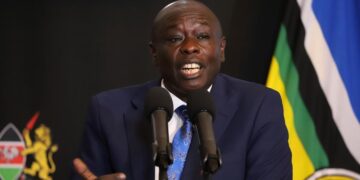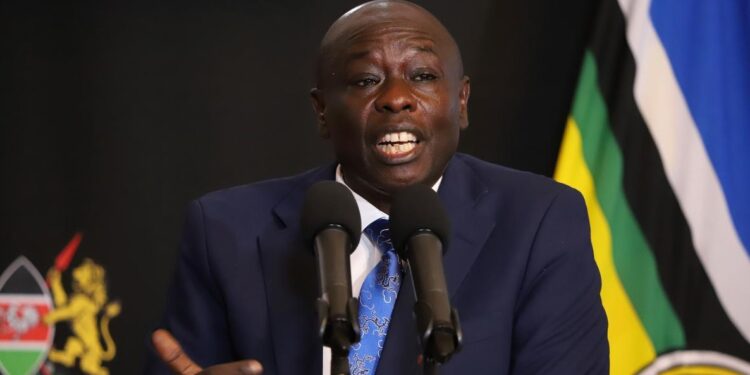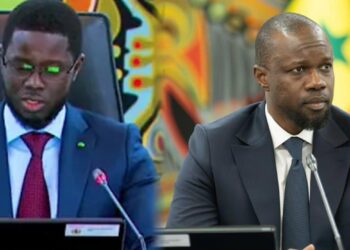By John Ikani
Kenya’s Deputy President, Rigathi Gachagua, is now facing a critical moment in his political career as the Senate prepares to decide whether to remove him from office, just two years into his tenure.
Last week, the National Assembly overwhelmingly backed his impeachment, propelling the process to the upper house, where a two-day trial will determine his fate.
Accused of 11 serious charges, including corruption, promoting ethnic divisions, and undermining the government, Gachagua has consistently denied all allegations.
The trial follows a public fallout between Gachagua and President William Ruto, who has notably remained silent on the matter. Initially, the Senate planned to establish a smaller committee to investigate the charges, but instead, the full chamber is now presiding over the proceedings.
Political observers suggest that Gachagua’s impeachment is likely to be confirmed, with the ruling party’s senators expected to secure support from the opposition, as seen in the National Assembly’s vote.
To successfully remove the deputy president, at least two-thirds of the 67-member Senate must vote in favor. Should the motion pass, Gachagua would be permanently barred from holding any public office in the future.
On the first day of the trial, Gachagua stood before the Senate, pleading not guilty as the charges were formally read to him. The prosecution team from the National Assembly is expected to present its evidence and witnesses, with a set time allotted for questioning and cross-examination.
The defense will present its case the following day. After reviewing the evidence, senators will debate for two hours before casting their votes, though proceedings may extend into Friday, the final legal deadline for the trial.
Despite his attempts to block the impeachment, including filing over 25 legal challenges, Gachagua’s efforts have so far been unsuccessful. The courts have allowed the Senate to move forward with the trial, dismissing requests to halt the process.
One of the key accusations against the deputy president involves claims that he acquired assets worth over 5 billion Kenyan shillings (around $40 million) during his time in office, allegedly through corrupt means. Gachagua has defended himself by claiming the assets were inherited from his late brother.
Gachagua’s rapid political ascent from a first-time Member of Parliament to deputy president has been remarkable. He was selected as President Ruto’s running mate in the 2022 election, despite facing corruption charges at the time, which were later dropped.
Now, his political future hangs in the balance as the trial garners widespread attention across Kenya, with many seeing it as a spectacle that distracts from the country’s pressing economic challenges.
Earlier this year, frustrations over rising taxes triggered widespread protests, revealing cracks in the relationship between Gachagua and Ruto.
The deputy president is now accused of undermining Kenya’s security forces after making remarks that appeared to criticize the intelligence agencies during the unrest, further fueling the charges against him.




































